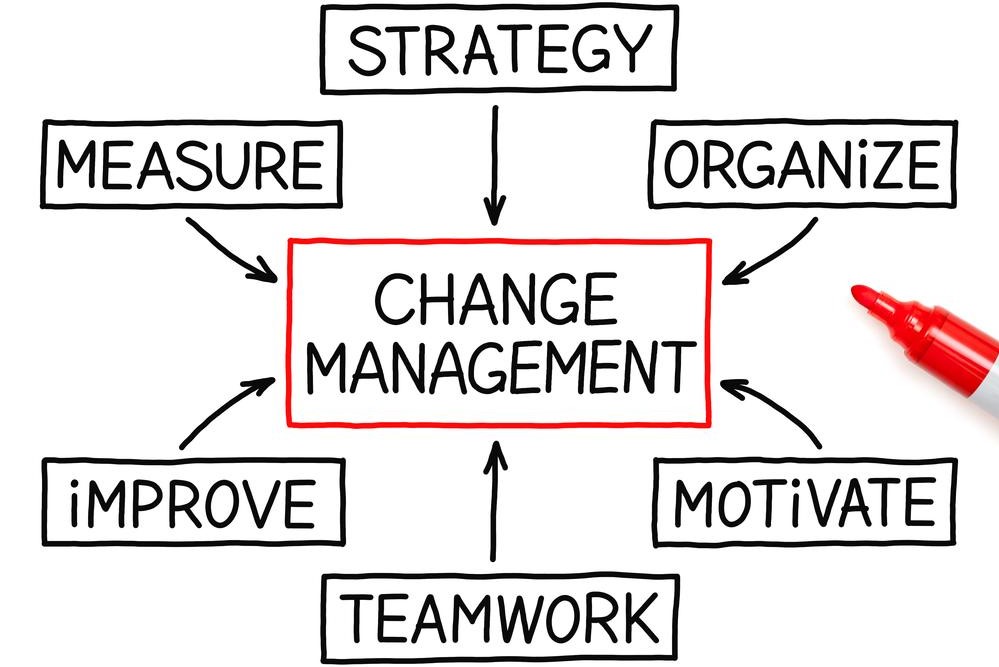The Crucial Impact of Transformational Leadership on Modern Business Success
Transformational leadership is vital in today's business landscape for inspiring employee growth and guiding organizations through change. By empowering teams, fostering innovation, and setting practical goals, this leadership style helps companies thrive in competitive markets. Learn how transformational leaders drive success by motivating beyond roles, facilitating smooth transitions, enhancing performance, and aligning objectives for sustainable growth.

The Crucial Impact of Transformational Leadership on Modern Business Success
In today’s rapidly changing corporate environment, effective leadership is more important than ever. Transformational leadership, a style that emphasizes inspiring and motivating employees to achieve their fullest potential, has proven to be a critical factor in driving organizational success. According to Nick Fewings, CEO of the UK-based leadership consulting firm Ngagementworks, the most impactful leaders are those who inspire their teams through conviction, rather than relying solely on authoritative commands or loud speeches. This leadership style is characterized by four essential components: inspirational motivation, intellectual stimulation, role modeling, and personalized support. Omitting any of these elements can hinder a leader’s ability to truly motivate their workforce and foster continuous employee growth. As industries evolve and competition heightens, understanding the importance of transformational leadership becomes increasingly vital for modern organizations.
Empowering Employees Beyond Their Defined Roles
While managers traditionally focus on task completion and meeting KPIs, transformational leaders take a broader approach by empowering their employees beyond routine responsibilities. These leaders aim to inspire teams to excel, aligning individual ambitions with the overarching organizational vision. Creating a culture of belonging and motivation, transformational leaders transform workplaces into dynamic environments where employees feel valued and driven. This sense of purpose serves as a catalyst for passionate engagement, fostering a familial bond that enhances teamwork and cooperation. Such an environment encourages innovation and initiative, as employees recognize their vital role in the company’s success. This approach not only boosts morale but also encourages a proactive attitude among staff—transforming ordinary employees into high-impact contributors.
Driving Organizational Change During Transitions
Change is an inevitable aspect of modern business, driven by technological advancements, shifting market demands, and evolving customer expectations. Transformational leaders play a vital role in guiding organizations through these periods of transition by effectively communicating the necessity and advantages of change. They help teams understand the bigger picture, reduce resistance, and foster a positive outlook towards adaptation. By instilling confidence and clarity, these leaders facilitate smoother transitions, ensuring that change translates into sustainable growth rather than chaos. Their ability to motivate and unify teams during turbulent times significantly enhances an organization’s resilience and agility.
Enhancing Performance Through Emotional Engagement
Employees perform better when they see how their contributions directly impact the overall success of the organization. Transformational leadership appeals deeply to employees’ emotional and psychological needs, inspiring genuine commitment rather than superficial compliance. Motivated teams tend to be more innovative, productive, and committed, translating into higher performance levels. A company culture rooted in transformational leadership emphasizes collaboration, trust, and empowerment, resulting in a healthier work environment. As a consequence, organizations experience increased efficiency, improved employee satisfaction, and sustained competitive advantage. This leadership approach fosters a cycle of continuous improvement where every team member strives for excellence, knowing their efforts are recognized and appreciated.
Setting Achievable Goals for Lasting Impact
Traditional management styles often emphasize setting ambitious or even unrealistic targets, which can lead to stress, frustration, and burnout among employees. In contrast, transformational leaders focus on setting practical, achievable goals that foster confidence and a sense of accomplishment. They understand that attainable objectives motivate employees more effectively by providing clear direction and measurable progress. This approach not only reduces workplace anxiety but also enhances morale and job satisfaction. Furthermore, aligning individual goals with organizational objectives nurtures a sense of purpose and dedication. As a result, organizations benefit from more engaged and resilient staff, capable of overcoming challenges and driving sustained success.
Overall, transformational leadership prioritizes the growth and development of employees while simultaneously steering the organization toward a prosperous future. As more companies recognize its profound benefits, it has become an indispensable component of modern corporate strategy, fostering innovation, resilience, and long-term growth.





